Overcoming Communication Barriers: Strategies for Success
Effective communication is a critical skill in both personal and professional settings. However, communication barriers can often make it difficult to convey your message and ideas clearly. Whether it's cultural differences, language barriers, or simply a difference in communication style, these barriers can cause misunderstandings, conflict, and frustration. To ensure successful communication, it's important to learn how to overcome these barriers. In this post, we'll explore some strategies for overcoming communication barriers.
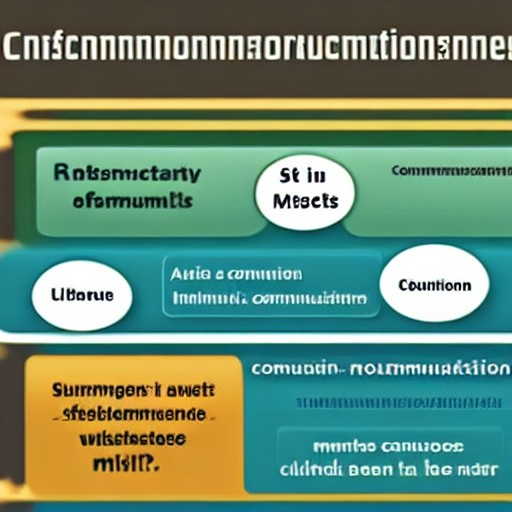
1. Be aware of cultural differences
Cultural differences can significantly impact communication. When communicating with someone from a different culture, it's essential to be aware of their cultural norms and values. For example, some cultures may view direct criticism as impolite, while others may consider it necessary for improvement. By understanding cultural differences, you can adjust your communication style to ensure your message is received as intended.
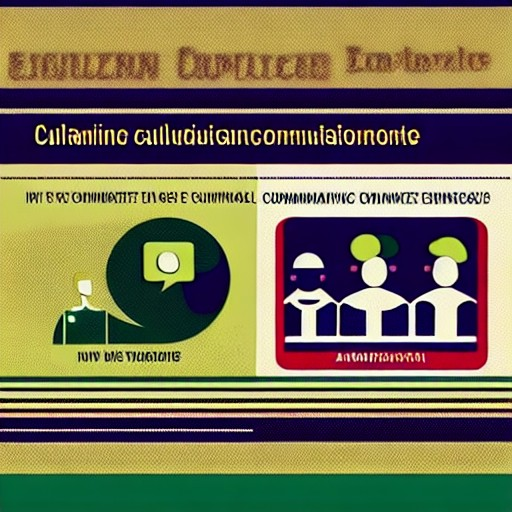
2. Use simple language
Language barriers can make communication difficult, particularly when communicating with non-native speakers. To overcome this barrier, use simple language that is easy to understand. Avoid using jargon or technical terms that may be unfamiliar to the person you're communicating with. Additionally, speak slowly and clearly, and avoid using slang or idioms that may not translate well.

3. Listen actively
Active listening is an essential skill in effective communication. When communicating with someone, pay attention to what they are saying and respond appropriately. This involves acknowledging their point of view and asking clarifying questions to ensure you understand their message. Active listening can help prevent misunderstandings and ensure your message is received as intended.
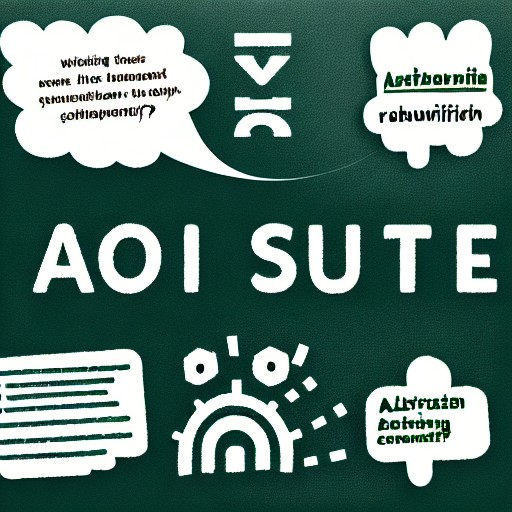
4. Be open-minded
It's important to be open-minded when communicating with others. Avoid making assumptions or judgments about the person or their message. Instead, approach the conversation with an open mind and a willingness to understand their perspective. This can help build trust and foster a more productive conversation.

5. Use visual aids
Visual aids can be an effective way to overcome communication barriers, particularly when communicating complex information. Visual aids, such as diagrams or charts, can help illustrate your point and make it easier to understand. Additionally, visual aids can be helpful when communicating with non-native speakers who may struggle to understand complex language.
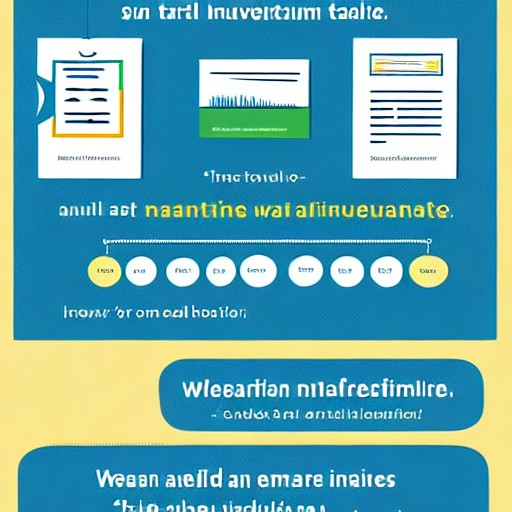
6. Seek feedback
Seeking feedback is an essential part of effective communication. After communicating with someone, ask for feedback on how well you conveyed your message. This can help you identify areas for improvement and ensure your message was received as intended. Additionally, seeking feedback can help build trust and foster a more productive conversation.

7. Practice empathy
Empathy is the ability to understand and share the feelings of others. When communicating with someone, it's essential to practice empathy to ensure your message is received as intended. This involves putting yourself in the other person's shoes and considering how they may be feeling or what they may be thinking. By practicing empathy, you can build trust and foster a more productive conversation.
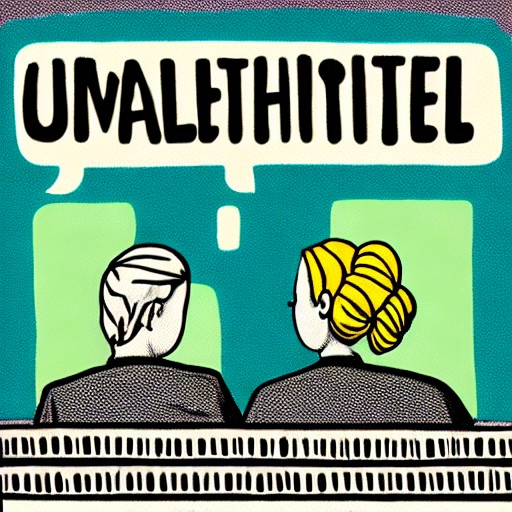
Conclusion
Effective communication is critical for success in both personal and professional settings. However, communication barriers can often make it difficult to convey your message and ideas clearly. By being aware of cultural differences, using simple language, listening actively, being open-minded, using visual aids, seeking feedback, and practicing empathy, you can overcome these barriers and ensure successful communication.